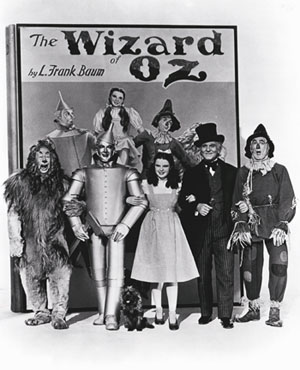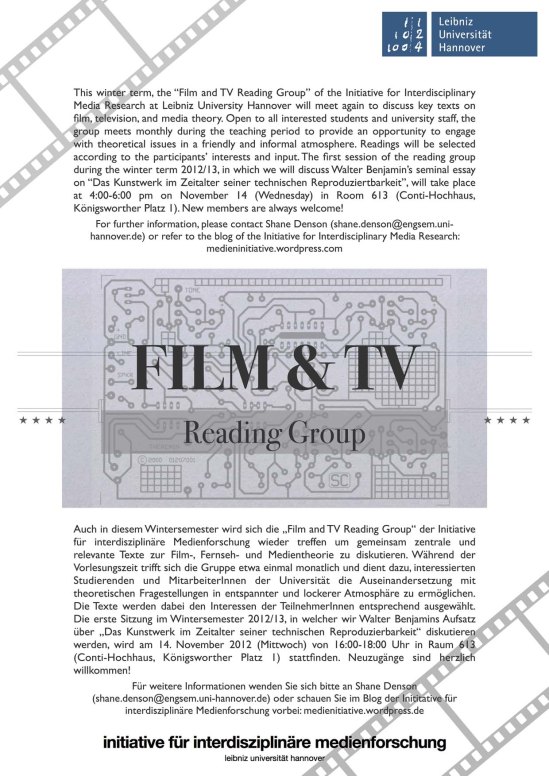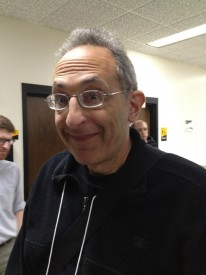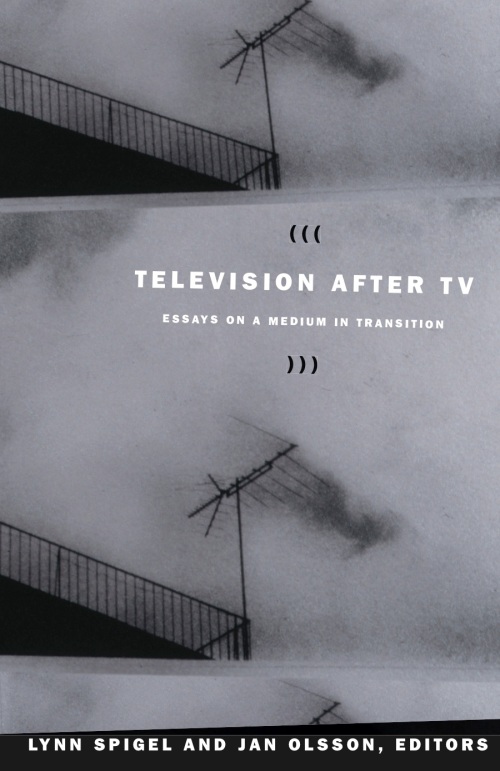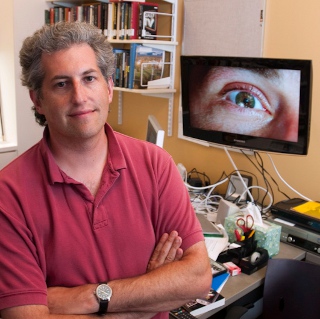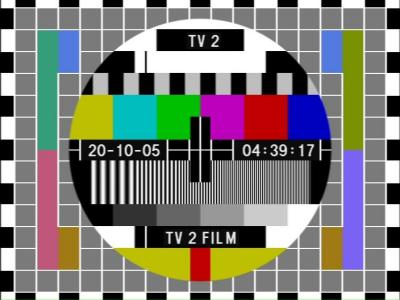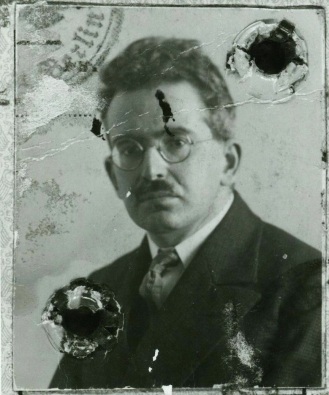
Tomorrow (November 14, 2012), there are two events at the University of Hannover that might be of interest to readers of the blog.
First up, there’s the first meeting this semester of the Film & TV Reading Group (see the flyer here), where we’ll be discussing Walter Benjamin’s famous Artwork essay. We’ll meet from 4 to 6 pm in room 613 (Conti-Hochhaus). The reading group always welcomes new participants, so please spread the word to anyone who might be interested in joining us!
Second, and immediately following the reading group, Frank Kelleter will be giving a talk entitled “Massenkultur, Serienkultur, Populärkultur am Beispiel des Wonderful Wizard of Oz und seiner Variationen” [roughly: Mass Culture, Serial Culture, Popular Culture, with Reference to the Wonderful Wizard of Oz and its Variations]. The talk, from 6 to 8 pm in room 103 (Conti-Hochhaus), will take place in the context of the seminar “Massenkultur: Unterhaltung, Konsum, Medialität” [Mass Culture: Entertainment, Consumption, Mediality], which is being jointly taught by Ruth Mayer and Michael Gamper. Frank Kelleter is professor of American studies in Göttingen and the speaker for the DFG Research Group “Popular Seriality — Aesthetics and Practice” (in which Ruth Mayer and I are collaborating on the project “Serial Figures and Media Change”). He has recently published a chapter entitled “‘Toto, I Think We’re in Oz Again’ (and Again and Again): Remakes and Popular Seriality” in Film Remakes, Adaptations and Fan Productions: Remake / Remodel, edited by Kathleen Loock and Constantine Verevis.
